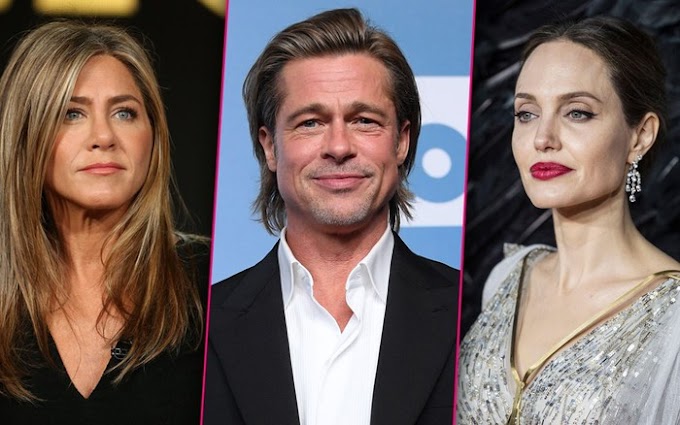Emilia Clarke, the luminary of British theatricality, bares an intimate revelation of discomfiture amidst her portrayal of audacious spectacles within the hallowed tapestry of Game of Thrones.
The embodiment of regal magnificence, Clarke essayed the iconic mantle of Queen Daenerys Targaryen, adorning HBO's sprawling opus with her presence. The epic's repute was forever ensconced within the annals of notoriety, courtesy of its audacious overture to matters of carnal desire and unrestrained violence.
A mere ingénue of twenty-three summers at the onset of her odyssey, Clarke acknowledges the occurrence of moments that would set her heart ablaze, reducing her to a cascade of teardrops preceding the celluloid lens. Such "terrifying" junctures, where the fabric of vulnerability was woven into her portrayal, rendered her susceptible to the tremors of trepidation.
In a candid dialogue gracing actor Dax Shepard's podcast, 'Armchair Expert,' the thespian unveils her inaugural foray into the saga. "Upon embracing the mantle, the parchment unfurled its secret script, revealing its beguiling gambit," she muses. A scion of dramatic pedagogy, Clarke confronted the tapestry of intrigue with a resolute ardor, intuiting that scripted motifs warranted not critique, but consummate embodiment. Her compass, thus calibrated, navigated the waters of enigma, her resolve tethered to deciphering the enigmatic calculus that dictated her narrative.
The crucible of celluloid artistry, alien to her erstwhile dalliances with the silver screen, unveiled its vast expanse wherein she stood unveiled, a vestal nymph amid the scrutinizing gaze of a legion of onlookers. An unclothed vulnerability accentuated the tableau, a sensation at once disorienting and uncharted. The prelude to her debut was scripted in the argot of apprehension, every gesture, every utterance, an enigma unto itself.
The specter of her debut season reverberates with an undercurrent of inadequacy, an imposter syndrome magnified manifold. A meager petitioner to the stage, beseeching naught but survival amidst an unforgiving terrain. The recesses of her psyche harbored a whisper, decreeing her unworthiness, a beguiling siren song that symphonized subjugation.
The symphony of her tenure, however, witnessed a guardian spirit in the form of Jason Momoa, her compatriot within the labyrinthine narrative. The edifice of her fortitude found an architrave in his aegis. The unfurling celluloid scroll witnessed a scene, a union ordained by script, wherein Momoa's portrayal of Khal Drogo culminated in an act that haunts the lexicon of travesty. The night of nuptials was tainted by an imposition upon her sanctity, a sullied union borne of coerced intimacy.
Tears akin to the rivulets of rain cascaded from the eyes of Momoa, a torrential downpour of empathy that mirrored her own reservoir of sentiment. Clarke, a vessel of vulnerability, found herself confounded by the labyrinthine corridor she traversed. In retrospect, she extols her fortune, for the outcome was not ordained, but carved through the crucible of circumstance.
Momoa's seasoned visage, a repository of thespian sagacity, assumed the role of mentor and guardian. His compass, a beacon of assurance amidst tempestuous waters, guided her through the tumultuous seascape. His effusion of concern transcended the ephemeral confines of the scene, extending to the realms of humanity. The petition for a robe, an invocation of succor in the face of vulnerability, was emblematic of his benevolence. The winds of empathy carried his utterances, imploring, "Can we not shroud her form? For she quivers in the chill of exposure!"
The crucible of her initiation unveiled a crucible of metamorphosis, a furnace that forged her spirit anew. The crucible, alight with









